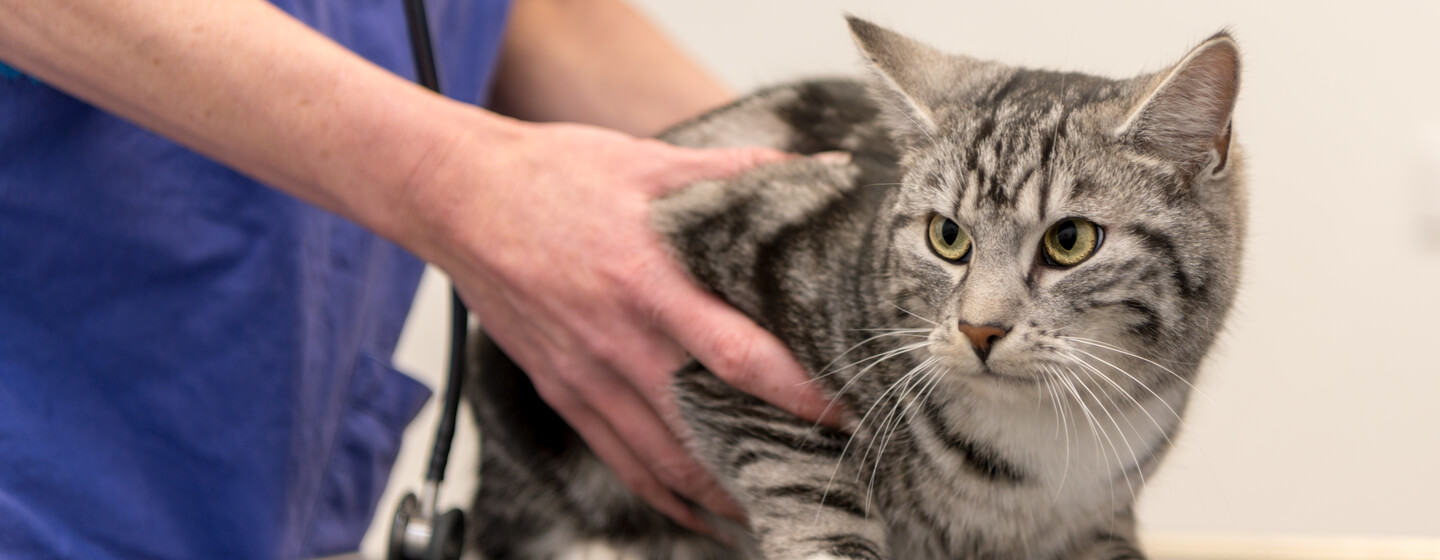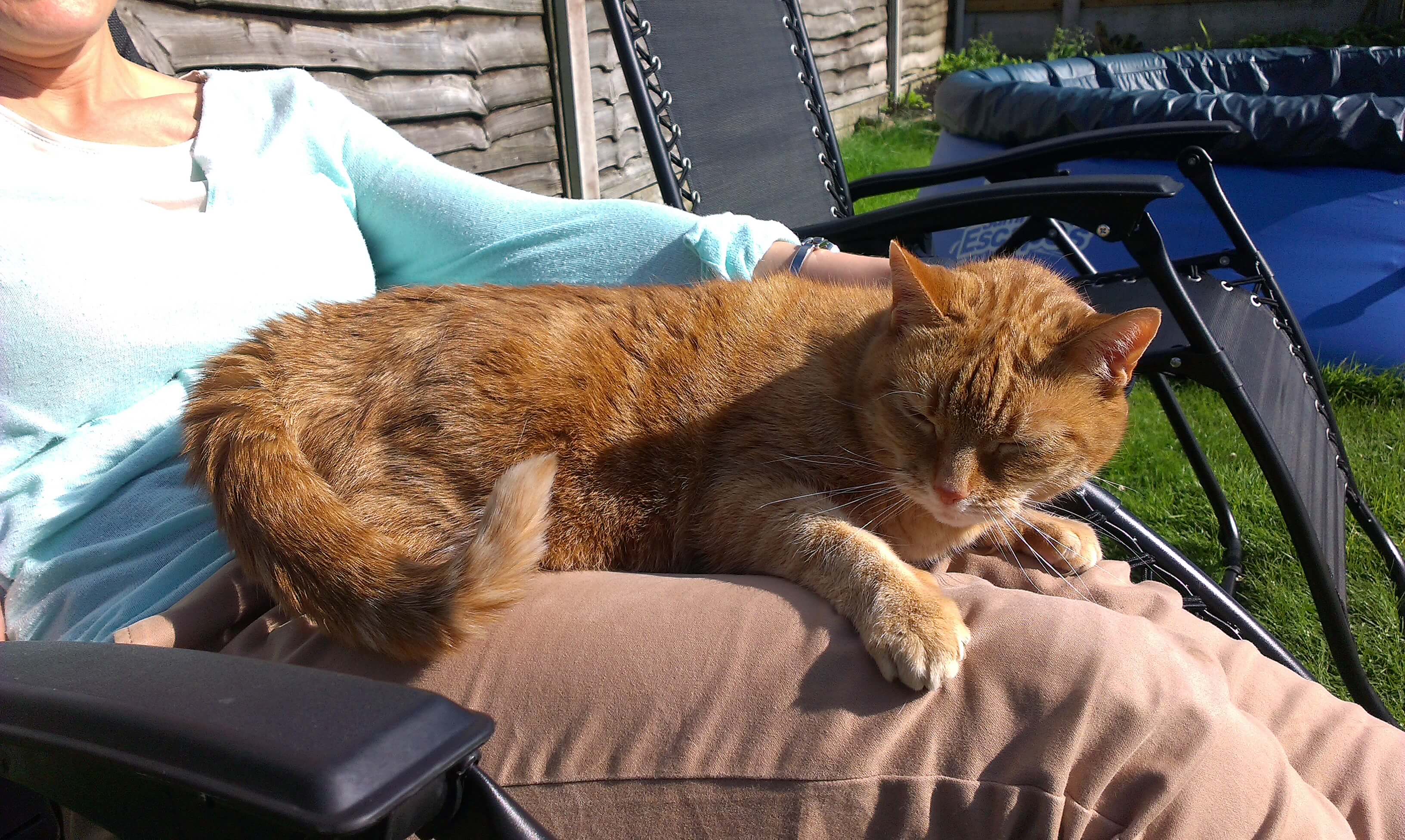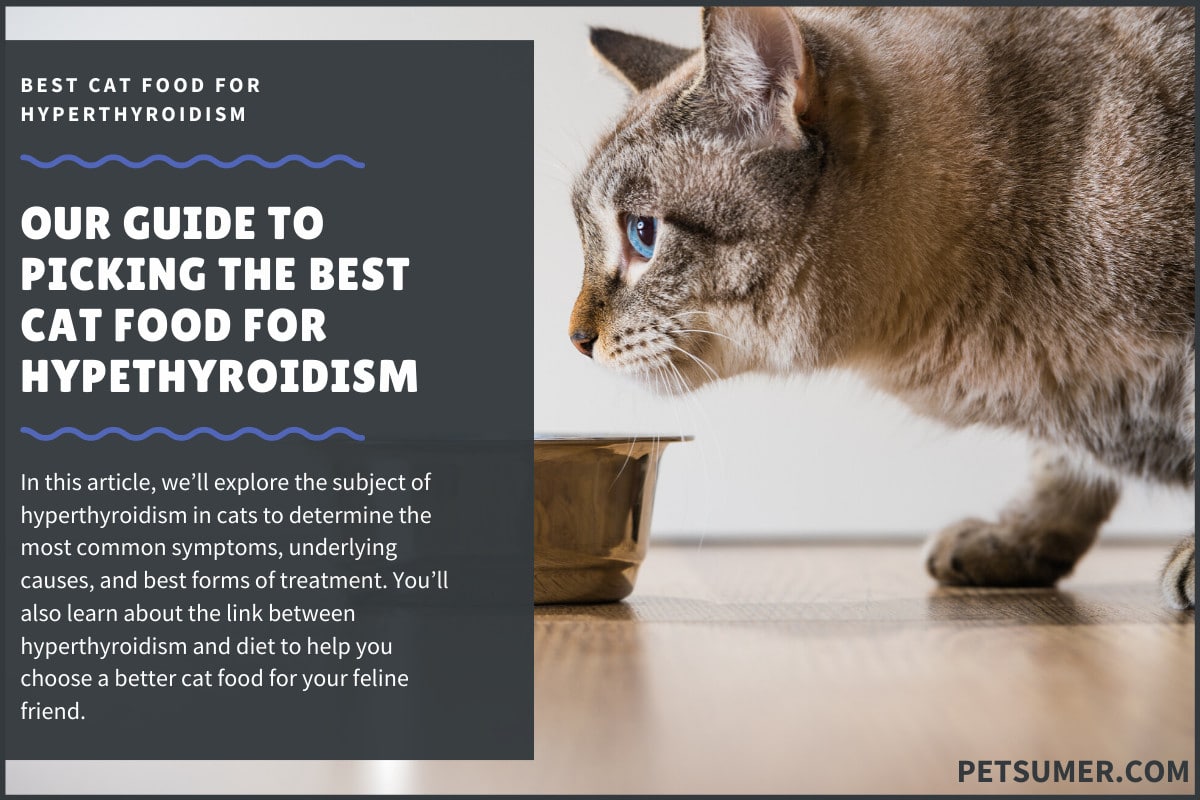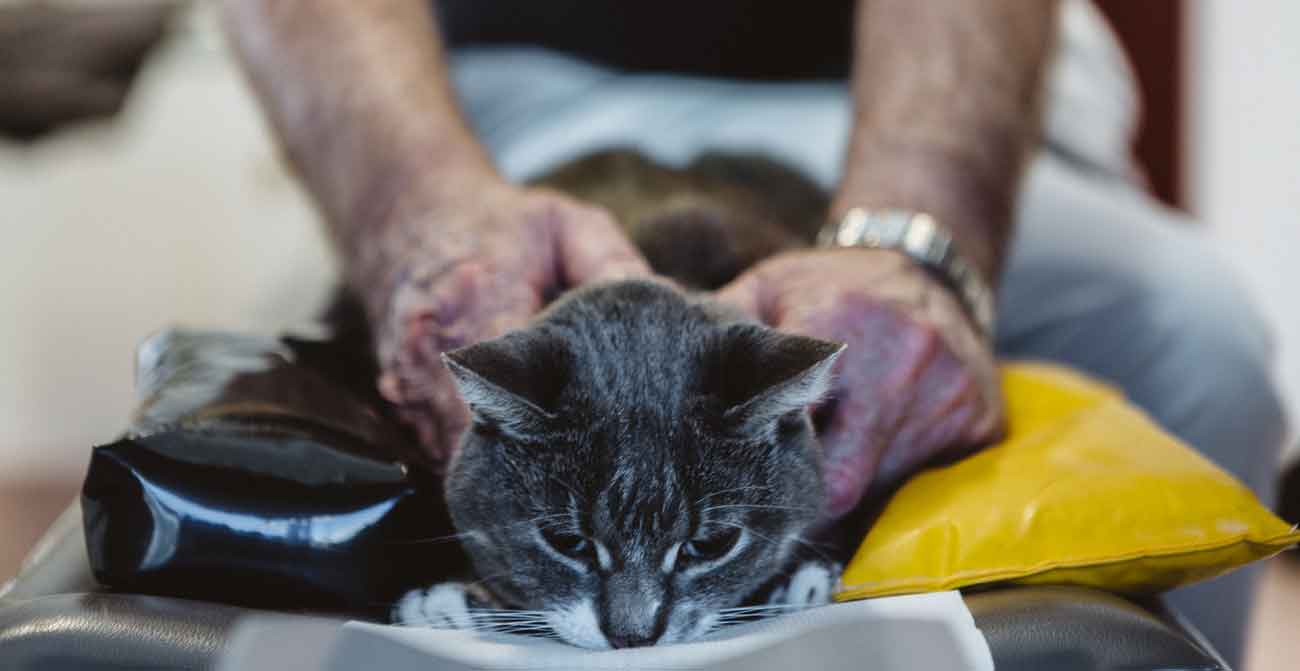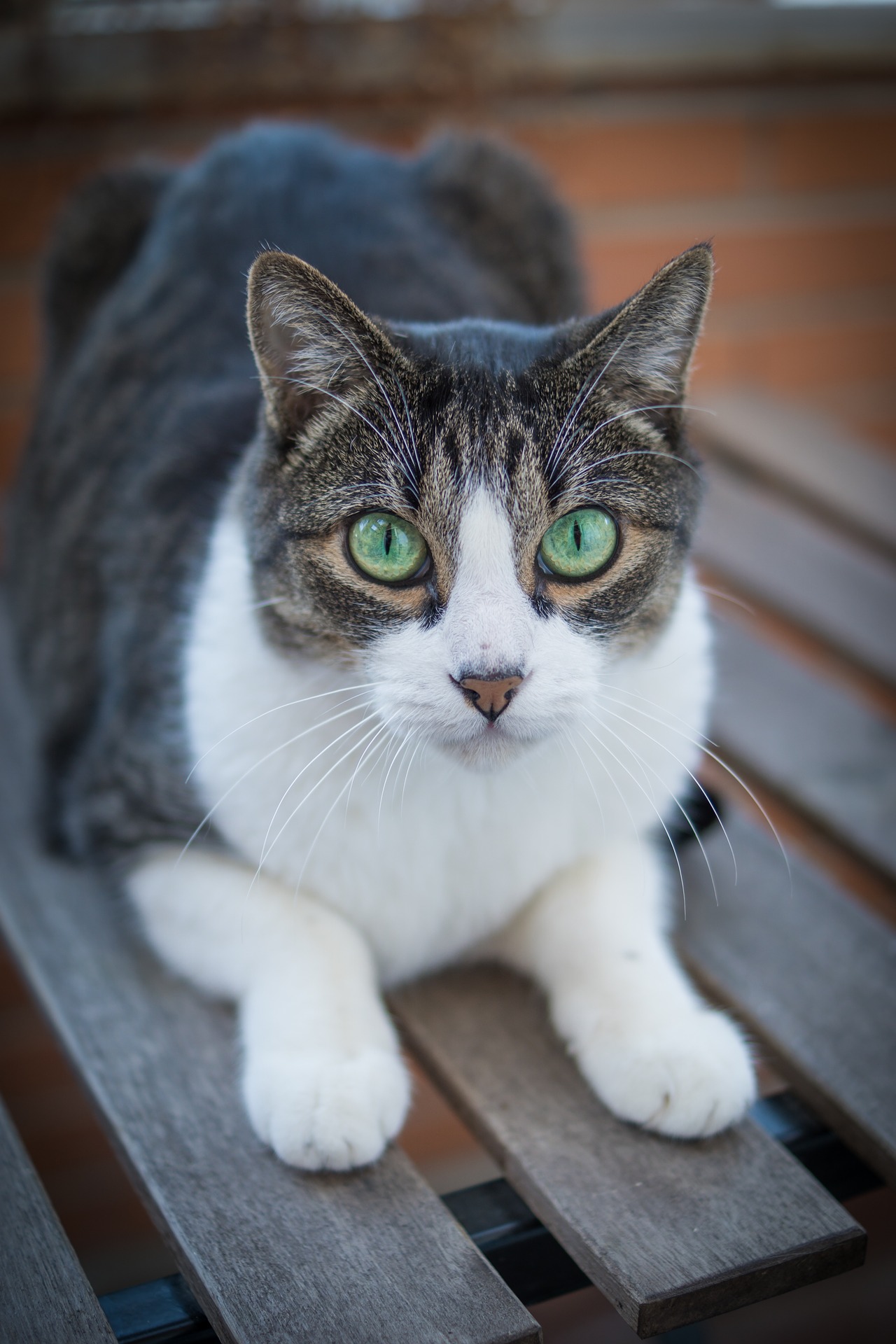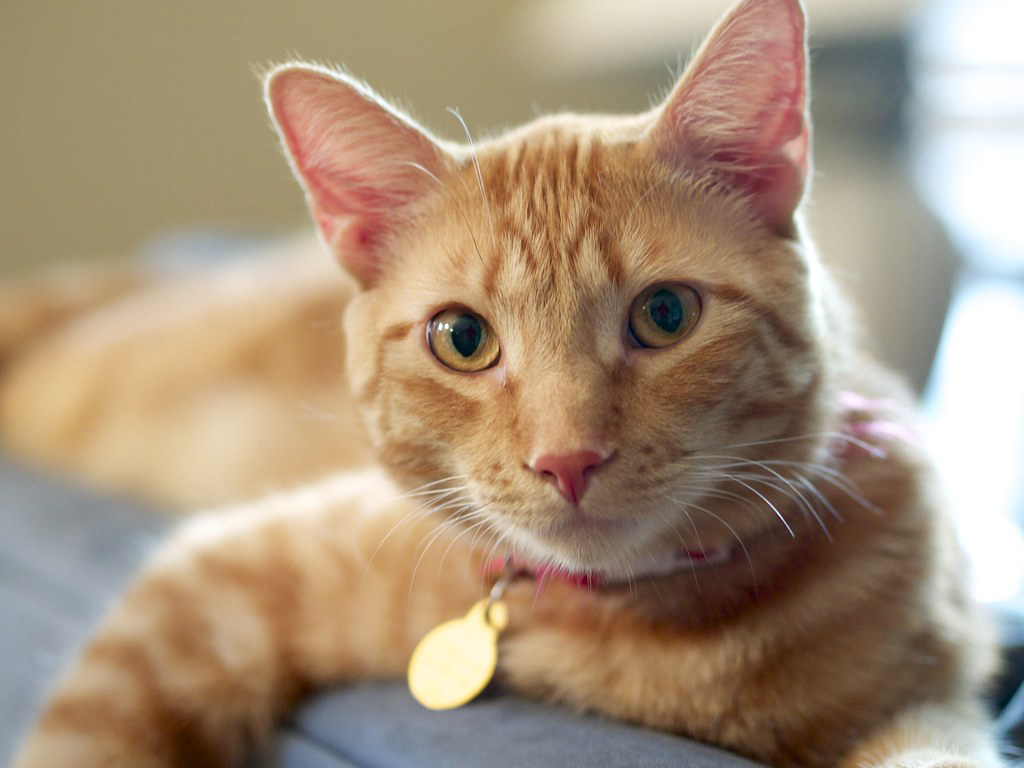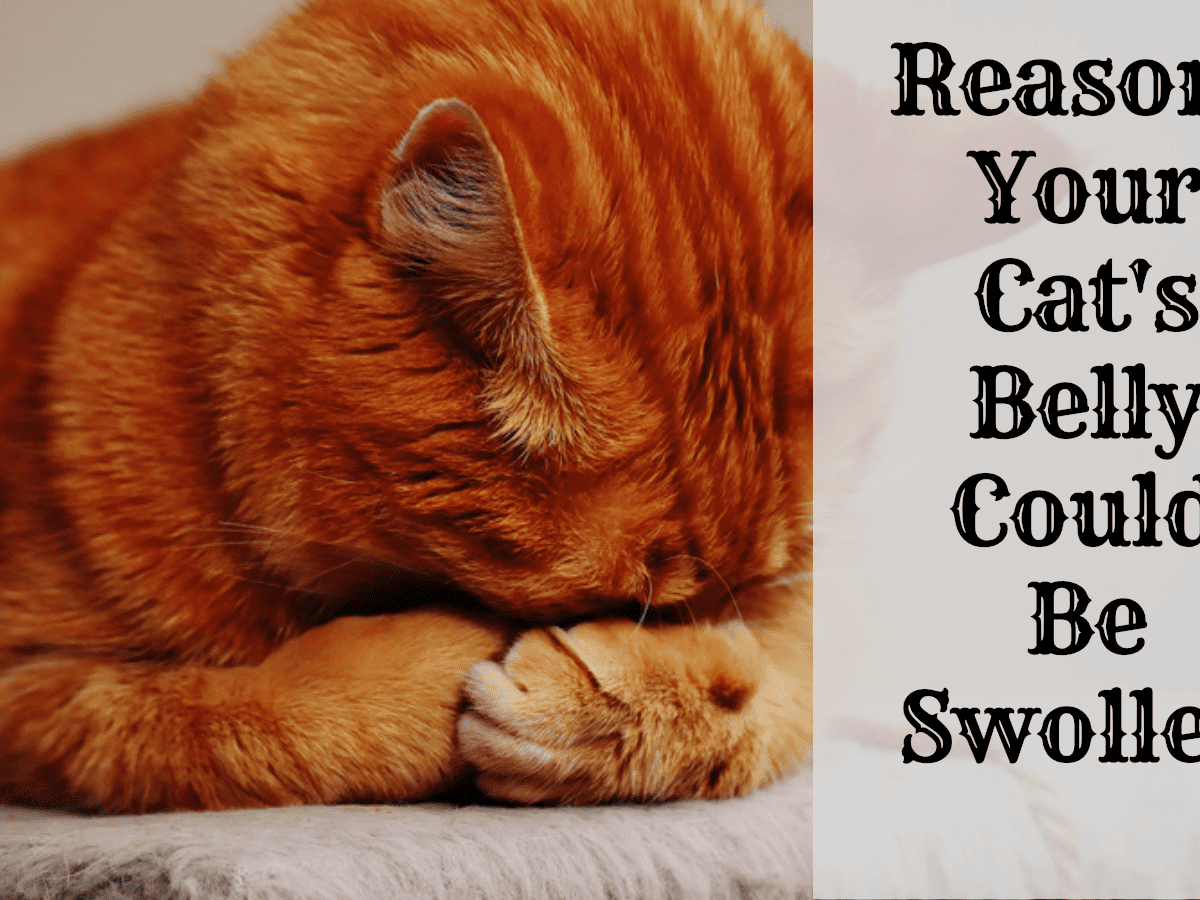Hyperthyroidism In Cats Prognosis
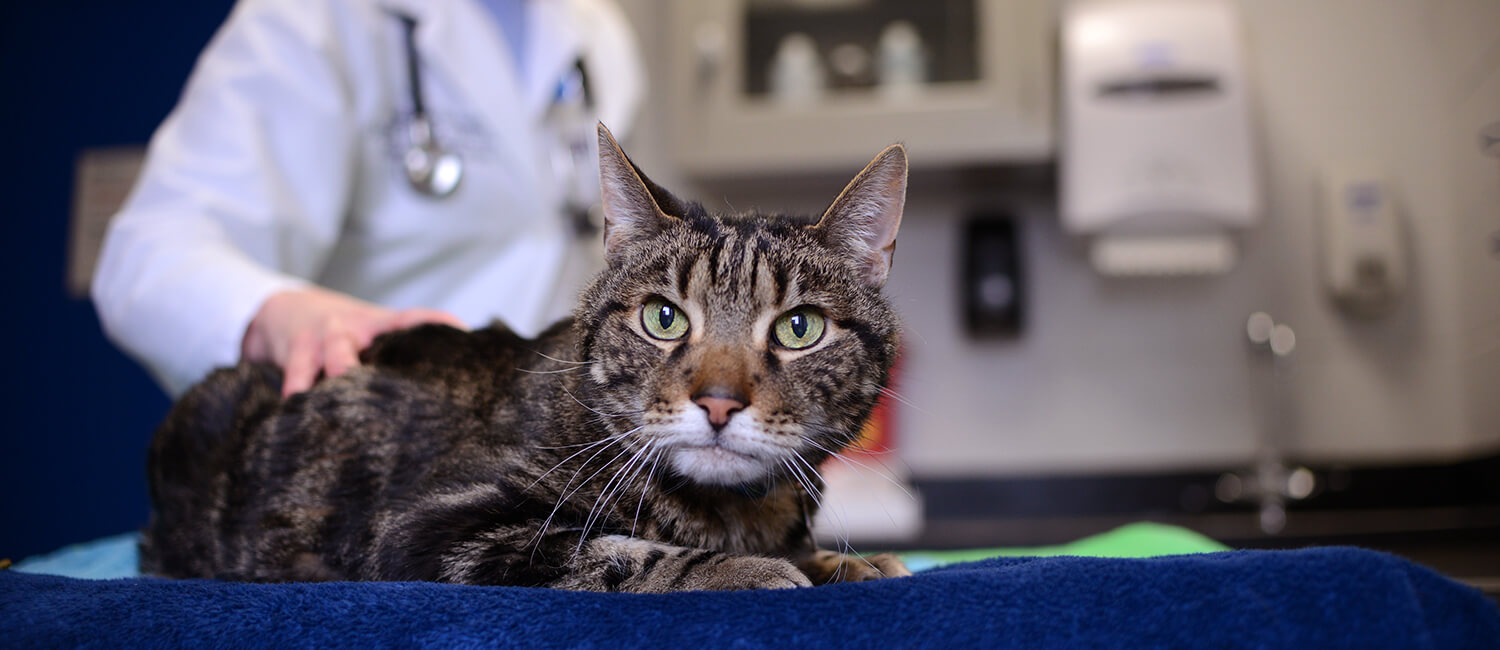
Diagnosis and quality treatment for hyperthyroidism in cats can be expensive but an ASPCA Pet Health Insurance plan can help you manage the costs Hyperthyroidism means that too much hormone is being produced by your cats thyroid glands Symptoms can include an increase in appetite weight loss and a poor coat The condition can be diagnosed with a straightforward blood test taken by a vet It is very common in older cats and most cases can be treated successfull Symptoms of Hyperthyroidism.
Hyperthyroidism in cats prognosis. If left untreated the condition can be fatal. The prognosis for treated cats is good with an expected life span of eighteen months to two years or more with around one in three cats still being alive after four years. Since thyroid hormone regulates most body processes too much production of the hormone causes dramatic clinical changes in the body.
Some of the most common signs of hyperthyroidism to watch out for are. Feline hyperthyroidism in cats is a lethal complaint of a thyroid gland which usually appears with pain and discomfort. The prognosis for cats with feline hyperthyroidism varies depending on what type of treatment the cat receives.
It was obvious when to get him put to sleep - he suddenly went downhill one weekend. In some cases complications involving other organs may worsen this prognosis. Hyperthyroidism in cats life expectancy Diagnosis of illness which if left untreatable has higher chances of deteriorating the span of life.
With intervention- between surgery I-131 or oral tablets your cat will be able to have their thyroid under control. They may have increased water consumption and urination. There is more than one medication to treat hyperthyroid cats it might be worth seeing if a change will help.
If hyperthyroidism in cats is left untreated the disease will progress and will eventually result in death. Are certain cats more likely to develop hyperthyroidism. The type of treatment administered.
The kitty may become seriously ill. Hypothyroidism is a common condition among humans and dogs but it rarely ever spontaneously occurs in cats. The most common clinical sign of hyperthyroidism is weight loss due to the increased rate of metabolism despite an increased appetite.
